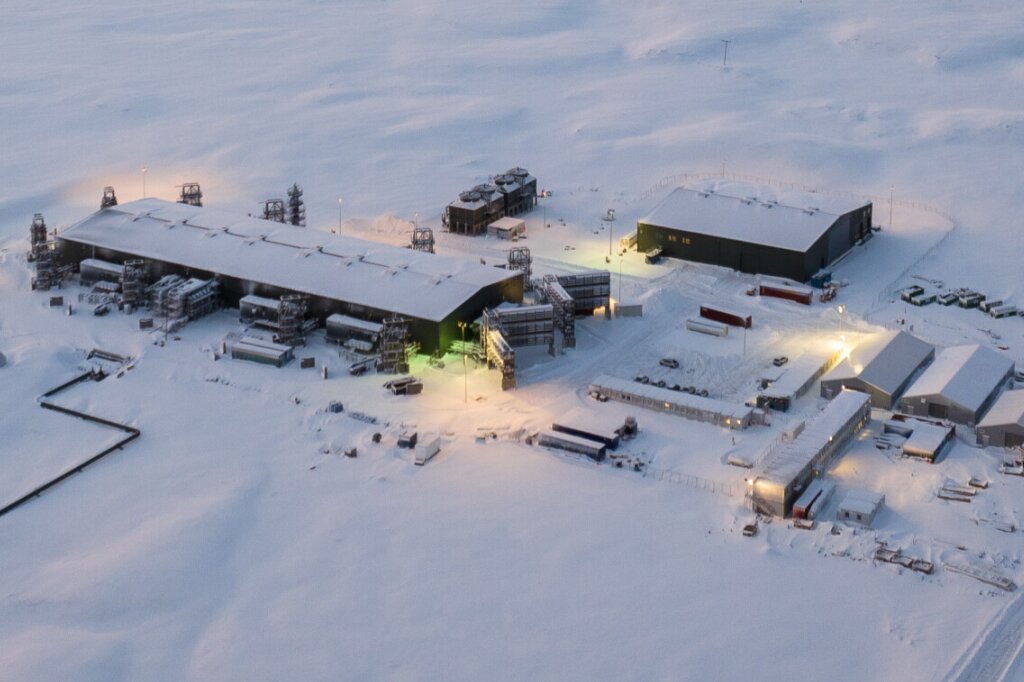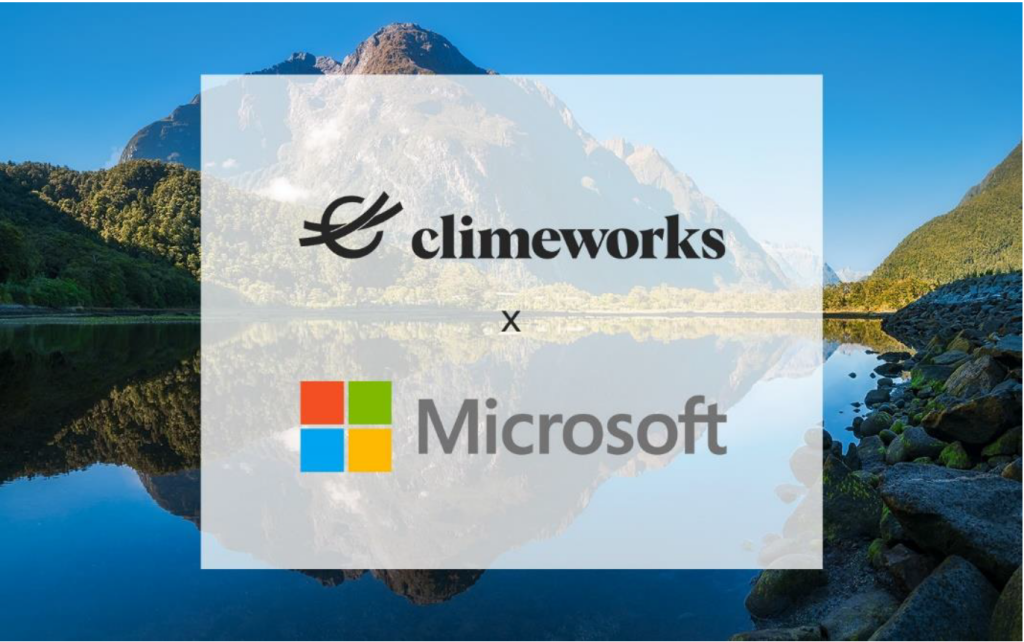
Achieve net zero with carbon removal
Remove unavoidable and historic CO₂ emissions from the air with Climeworks’ all-in-one carbon removal service for companies. Our offer makes it easy to reach your net zero and climate targets by permanently removing CO₂ emissions that can’t be reduced.
We partner with trusted carbon removal providers to offer customized portfolios of solutions tailored to your needs, including our own high-quality carbon removal via Direct Air Capture technology.
Our pioneering customers
We work with businesses who want to reach net zero. Beyond benefiting from high-quality carbon removal to meet their climate targets, our partners also enable the scale-up of the direct air capture industry, which scientists agree is essential to keep global warming below 1.5°C. Be part of the solution and lead the race toward net zero with us.

























